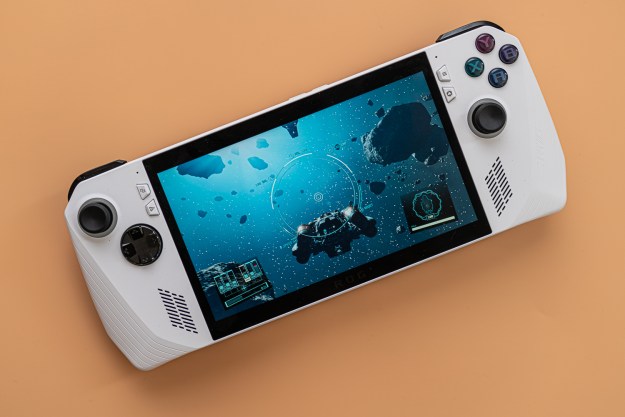
Speaking yesterday at Fortune magazine’s Most Powerful Women Summit in California, newly-installed Hewlett-Packard CEO Meg Whitman revealed that she plans to make a decision about whether HP will really be leaving the personal computer business by the end of the month. Whitman’s strategy is considerably accelerated than that of her predecessor, Leo Apotheker, who indicated that the HP board didn’t intend to make any final decision until the end of the year.
Hewlett-Packard is currently the world’s PC maker; however, the company announced in August that it was planning to exit the PC business entirely to focus on its enterprise services and server offerings.
The move seems nonsensical at some levels. HP scrambled up from a complicated and expensive acquisition of Compaq almost a decade ago to overtake Dell as the world’s top maker of PCs. However, while HP is making lots of computers, it doesn’t seem to be making tons of money doing it—and that’s the rub. Almost all PC makers are struggling to compete as the market gravitated first toward low-cost, low-margin netbooks (giving Acer a short-lived boost) and now seems to be gravitating away from traditional PC form factors entirely in favor of tablets and other mobile devices. A company that sells 100 PCs at a $10 profit isn’t making any more money than a company that sells a single PC for a $1,000 profit—but they have a lot more overhead. And in recent years, Apple has come to utterly dominate the consumer market for PCs with price tags over $1,000—and it also defined (and still utterly dominates) the tablet market. The result is that PC makers are increasingly squabbling over the low-cost, low-margin, commodity end of the PC business, or looking to dominate more profitable niche markets, like servers.
Should HP decide to spin off its PC business, it will still take time for the company to complete the process. At the time of the initial announcement, HP estimated it would take 12 to 18 months to finalize a separation of the PC business, if that’s the route the company chose. If Whitman and the HP board make their decision by the end of the month, spinning out the PC business will still take time, whether to set it up as a separate company or to find a buyer (or buyers) interested in taking it over. Nonetheless, Whitman’s determination to make decision sooner than later will probably help moral of people in HP’s Personal Systems Group—better to know one way or the other than to live in limbo.
However, some people want HP to stick with the computer business—and one of them is Michael Dell. Speaking at Oracle Open World yesterday, Michael Dell indicated that the PC business is still profitable, and noted that if HP were to leave the PC business it might lose economies of scale that help its business in other areas. Dell noted that 95 percent of disk drives and other components used for PCs go into desktop and notebook systems, rather than servers: if HP were to abandon its PC business, it may not be a big enough player in the components market for its servers to be competitive. However, Dell also doesn’t characterize his company as a PC maker: they’re an end-to-end solutions provider that’s increasingly focused on enterprise services and vertical markets.
[Image via Eugene Berman/Shutterstock]


